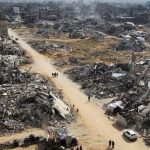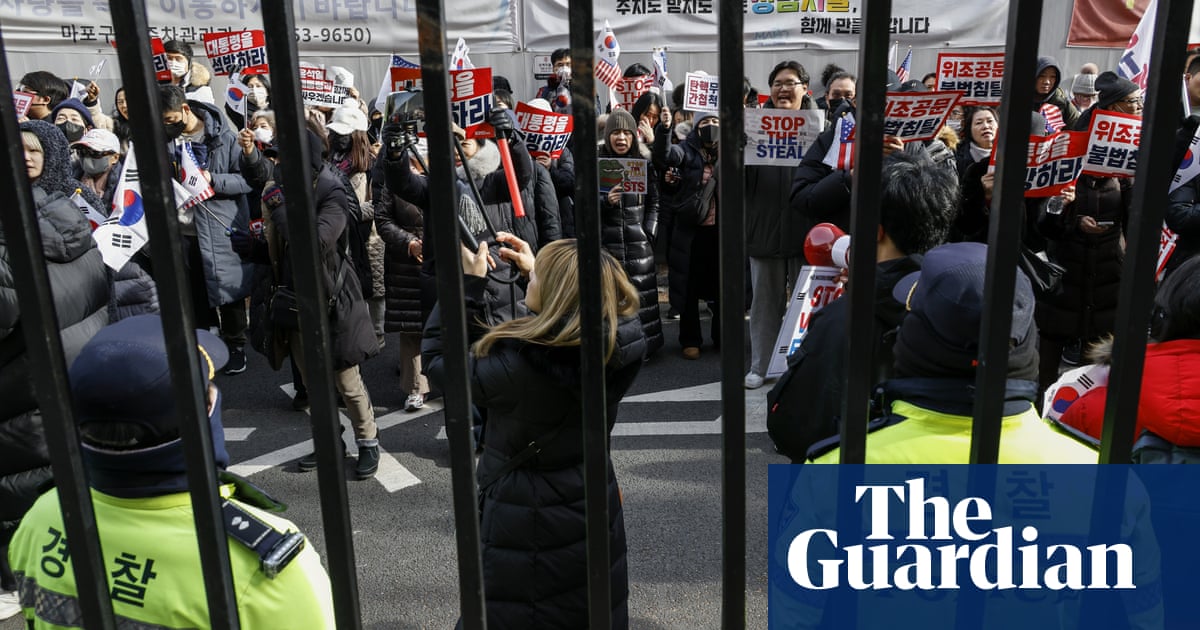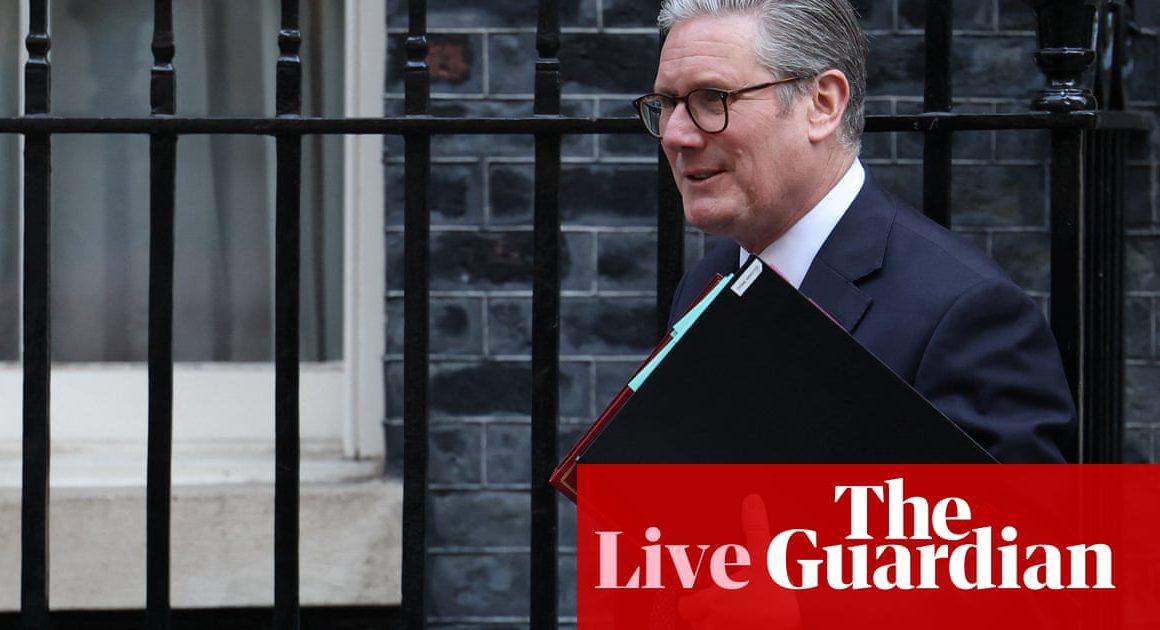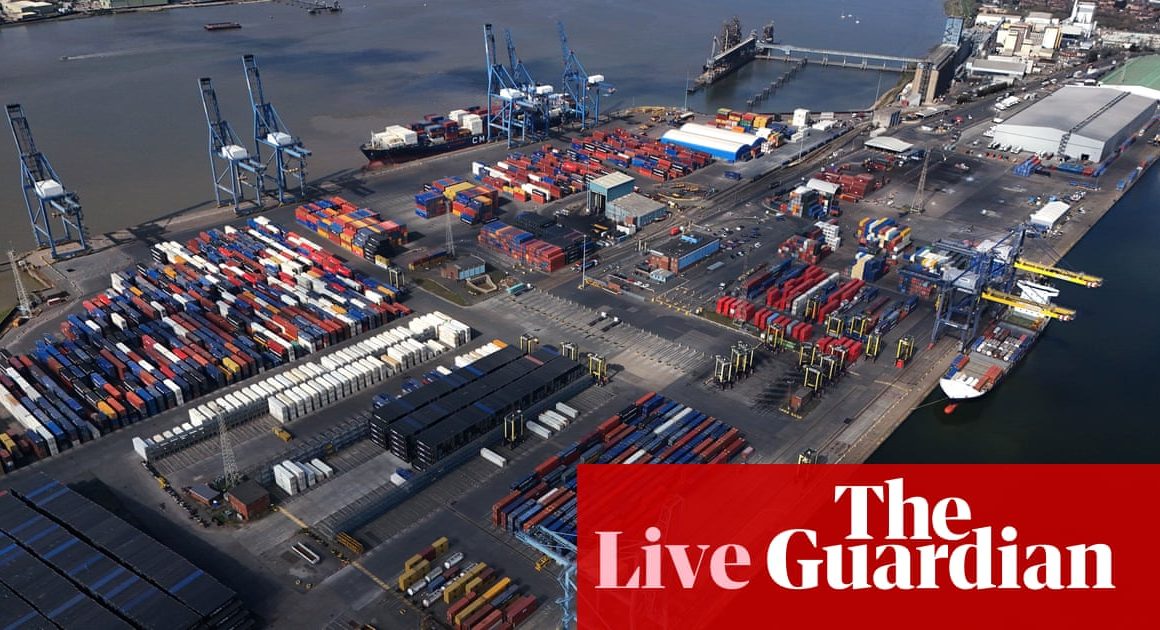A South Korean court has granted an extension of President Yoon Suk Yeol’s detention, saying there was “concern” that Yoon could “destroy evidence” in a criminal probe related to his short-lived declaration of martial law in early December.
The impeached president of South Korea, Yoon Suk Yeol, had argued that he be released from custody before a court in Seoul.
The Seoul western district court said it approved the detention warrant requested by the Corruption Investigation Office for High-ranking Officials (CIO).
The reason for the approval was “concern that the suspect may destroy evidence”, the court said in a statement. Under the new warrant, Yoon can be detained for up to 20 days. He is being held at the Seoul detention centre.
So far, Yoon has stonewalled efforts by the CIO to interrogate him, refusing to attend questioning. It was unclear if Yoon will cooperate with investigators during his extended detention.
His appearance at the Seoul western district court caused chaotic scenes in nearby streets, where thousands of his fervent supporters rallied for hours calling for his release.
They clashed with police, who detained about 40 protesters, including about 20 who climbed over a fence in an attempt to approach the court. At least two vehicles carrying anti-corruption investigators were damaged as they left the court after arguing for Yoon’s arrest.
Yoon has been in detention since being seized in a large law enforcement operation at his residence on Wednesday. He has been accused of orchestrating a rebellion after his declaration of martial law in December last year, which triggered South Korea’s most serious political crisis since its democratisation in the late 1980s.
Yoon’s lawyers said he spoke for about 40 minutes to the judge during the nearly five-hour closed-door hearing. His legal team and anti-corruption agencies presented opposing arguments about whether he should be held in custody. The lawyers did not share his specific comments.
Yoon was transported to the court from a detention centre in Uiwang, near Seoul, in a blue justice ministry van escorted by police and the presidential security service.
The motorcade entered the court’s basement parking space as thousands of Yoon’s supporters gathered in nearby streets despite a heavy police presence. Some protesters broke through the police lines and tapped on the windows of his van approaching the court. Yoon did not speak to reporters.
After its investigators were attacked by protesters, the anti-corruption agency asked media companies to obscure the faces of its members attending the hearing.
It had not been clear whether Yoon would attend the hearing on Saturday but he appeared to have accepted advice from his legal team to appear before the judge in person.
A member of the team said the president would argue that his decree was a legitimate exercise of his powers and that accusations of rebellion would not hold up before a criminal court or the constitutional court, which is reviewing whether to formally remove him from office or reinstate him.
Nine people, including Yoon’s defence minister, police chief, and several top military commanders, have been arrested and indicted for their roles in the enforcement of martial law.
Under South Korean law, orchestrating a rebellion is punishable by life imprisonment or the death penalty.
Yoon’s lawyers have argued there is no need to detain him during the investigation, saying he does not pose a threat to flee or destroy evidence.
Investigators responded that Yoon had ignored several requests to appear for questioning, and that the presidential security service blocked an attempt to detain him on 3 January. His defiance has raised concerns about whether he would comply with criminal court proceedings if he was not under arrest.
Reuters and Associated Press contributed reporting












